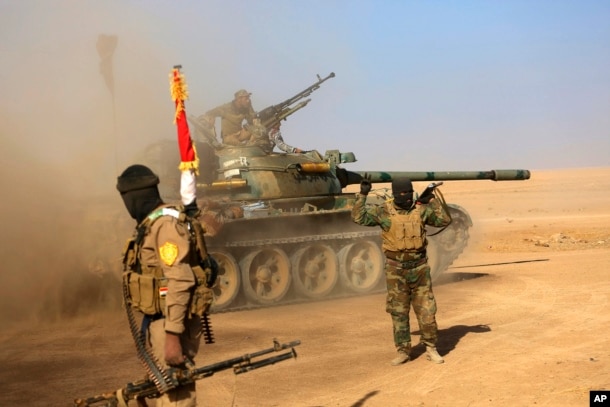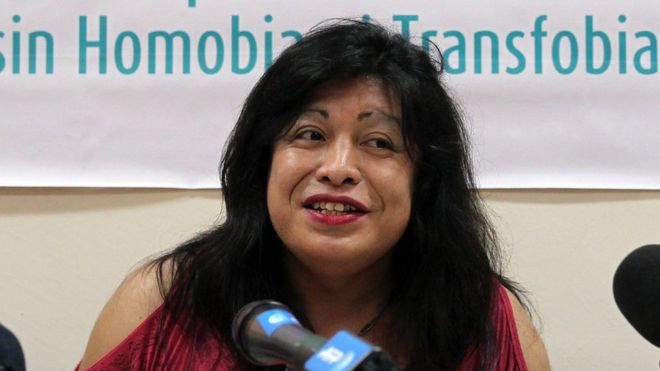By Sarah Lafen
Impunity Watch Desk Reporter, Europe
SAN JUAN, Puerto Rico — On February 3, Puterto Rican Governor Ricardo Rossello approved a non-binding referendum to determine whether the U.S. territory will become a state or remain a territory. To be held on June 11, 2017, the referendum will allow voters to either choose statehood or independence. If the majority of voters choose independence, a second referendum will be held in October.

Governor Rossello called the referendum a “civil rights issue” and noted that “the time will come in which the United States has to respond to the demands of 3.5 million citizens seeking an absolute democracy.” Rossello also commented that “colonialism is not an option for Puerto Rico.”
Supporters of the referendum say it could help the territory overcome a decade-long economic crisis. They say it would also grant the territory more equality in that it would allow them to vote in presidential elections, and would grant them more voting powers in Congress. Statehood would also allow Puerto Rico to receive more Social Security and Medicare benefits.
Some are concerned with the way the referendum is worded. Edwin Melendez, director for the Center for Puerto Rican Studies at Hunter College worries that the referendum “doesn’t leave room for any other options.” Melendez does not believe that it is evident statehood currently reflects the majority opinion.
If the U.S. Congress recognizes Puerto Rico as a state, it could receive an additional $10 billion in federal funds per year, and its government agencies would be able to file for bankruptcy, which they are not currently allowed to do under state and federal laws. Puerto Rico has held four referendums in the past that have resulted in no action from the U.S. Congress, who has the final say in any changes to Puerto Rico’s status.
In addition to the referendum, Puerto Rican legislators are expected to vote on a bill that would allow Governor Rossello to hold elections to choose two senators and five representatives and send them to Congress to demand statehood.
For more information, please see:
Jurist — Puerto Rico Governor Approves Statehood Referendum — 4 February 2017
ABC — Puerto Rico Gov Approves Referendum in Quest for Statehood — 3 February 2017
Fox — Puerto Rico Gov Approves Referendum in Quest for Statehood — 3 February 2017












